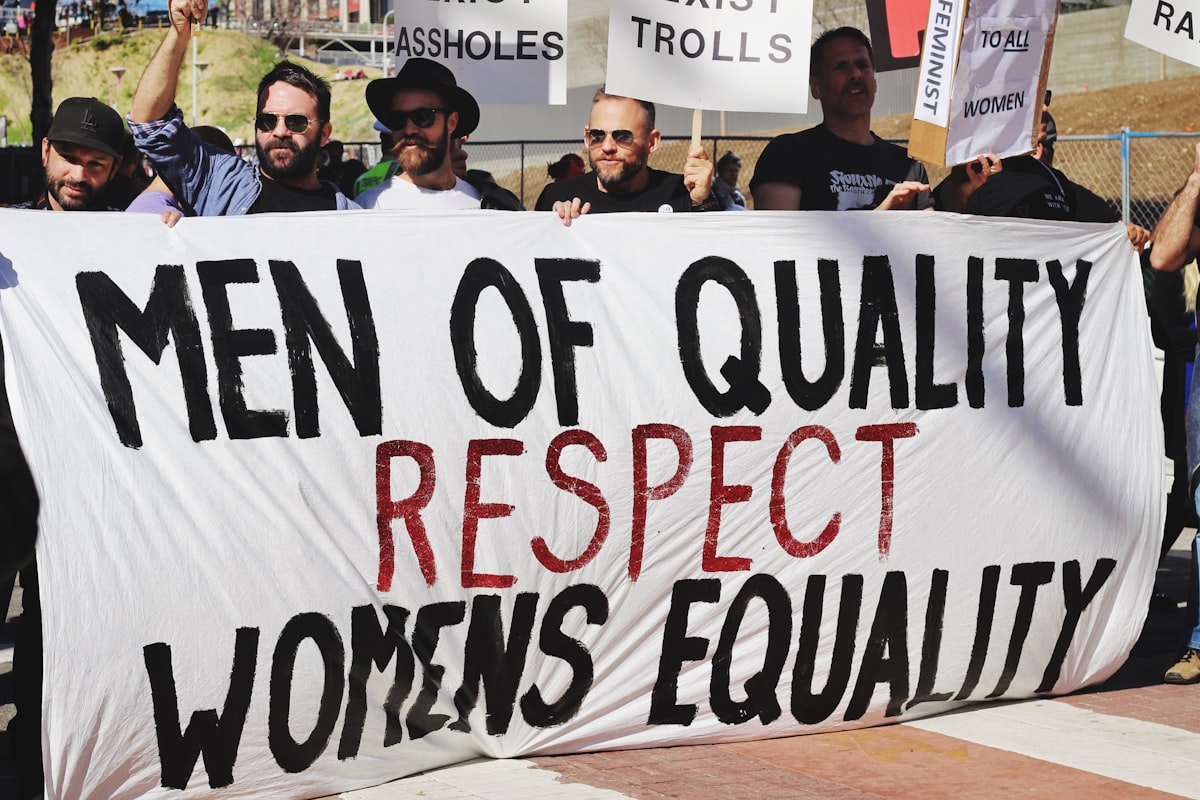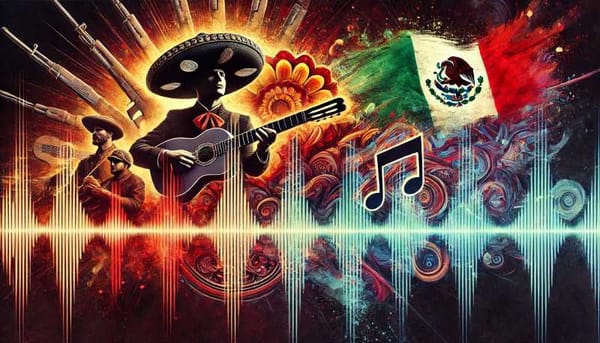What is polyamory? Is it any good or not?
The polyamory responds to a form of a couple in which the members of the bond have the freedom to have sexual relations with whoever they want.

With the rise of new currents and types of bonds of love, many questions ask what is polyamory, and whether or not it is good for the development of a relationship or to be better. The truth is that, although it is possible to define with some precision what polyamory is based on some psychological currents and social studies that have been carried out in this respect, it is very difficult to be able to indicate if it is "something good" or "something bad".
The polyamory responds to a form of a couple in which the members of the bond have the freedom to have sexual relations with whoever they want, and even to narrow parallel bonds with the people whom they like. Classical monogamy implies that, in a loving relationship such as an informal courtship or marriage, one can only have sexual relations and loving (affective) ties with only one person, who is the couple.
The polyamory comes to say that it is not so and that people have the freedom to always choose how and with whom to relate, without these decisions necessarily implying infidelity or a lack of respect and values towards the loved person. Many modern couples incorporate polyamory into their lives and claim to feel better about this decision, since they achieve a greater openness of mind, the possibility of bonding with more people, and avoid daily arguments or typical dissatisfactions that come after several years of being next to the same person.
Others, on the contrary, claim that it has not worked and that they have not been able to overcome the jealousy or uncomfortable situations of thinking that their wife or husband could be having sex with other people. It all depends on security in oneself, and in one's partner. According to some polyamorous practitioners, this type of bond is successful if it is understood that the definition of "fidelity" is not monogamy, but respect, affection, and understanding of the sexual or emotional needs of the other, which do not always have to do with love itself.
Other very common denominations linked to polyamory are "Open Relationship" and "Open Mind", which refer to flexibility, openness, and understanding. It is not a question of disqualifying everything new, modern and strange. Nor is it an obligation to prove it and accept it in all cases. Some psychologists and other professionals recommend polyamory as a solution for the couple so that they can reconnect from another place and enjoy new aspects.
However, not everyone practices polyamory only as a solution to a couple's problems. Many people directly choose this philosophy as a way of life and do not admit another alternative for the development of their bonds. It is a very personal choice that has to do, basically, with the happiness and well-being of each person. Some typical forms of couples are even associated with the macho and patriarchal culture against which the feminist movement is fighting all of Latin America.
The typical jealousy of the man to the woman or the woman to the man, echoes a feeling of possession and belonging that does nothing but reify people. Faced with this scenario, the polyamory comes to understand that people are human beings and not objects, and as such, they present desires, impulses, repressions, and fantasies. Some mental pathologies are also associated with the repression of desires and impulses that make the mind sick and are opposed to the freedom of expression and experience of sexual needs as an emotional, biological, and socially accepted liberation in several cultures of first world countries.
It was perhaps the hippie movement of the 1960s in the United States that brought the wave of polyamory, free sex and love, and open relationships. Since then, this model has not stopped reproducing itself, but it is true that in its beginnings it was adopted in clandestinity, or it was lived with shame and a certain modesty.
Today, sociologists claim that humanity is in one of the most important stages of change and transition in history, where cultures begin to organize themselves based on questioning previously established and inherited mandates and duties. People begin to ask themselves what they want, how they are happy, and why they hide certain issues that are considered "sins", and in reality, they are just another natural facet of every human being.




